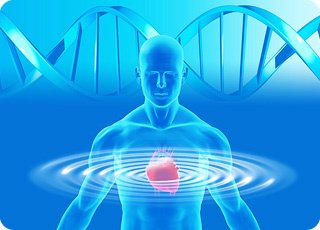
In the introduction to his book The Biology Of Belief, Bruce Lipton P.h.D., he states the following: "The "New Biology" which casts life as a cooperative journey among powerful individuals who can program themselves to create joy-filled lives. When we cross that line and truly understand the New Biology, we will no longer fractiously debate the role of nurture and nature because we will realize that the fully conscious mind trumps both nature and nurture."
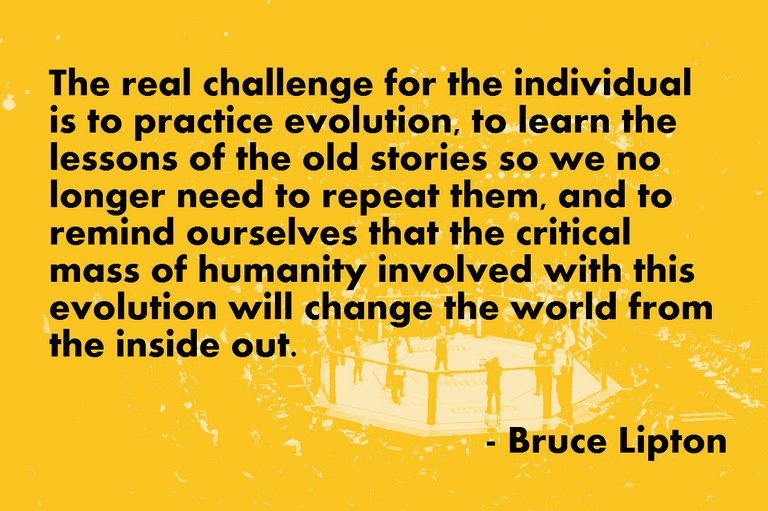
What Is Neuroplasticity?
Just in case you’ve managed to miss all the hype, neuroplasticity is an umbrella term referring to the ability of your brain to reorganize itself, both physically and functionally, throughout your life due to your environment, behavior, thinking, and emotions. The concept of neuroplasticity is not new and mentions of a malleable brain go all of the way back to the 1800s, but with the relatively recent capability to visually “see” into the brain allowed by functional magnetic resonance imaging (fMRI), science has confirmed this incredible morphing ability of the brain beyond a doubt.
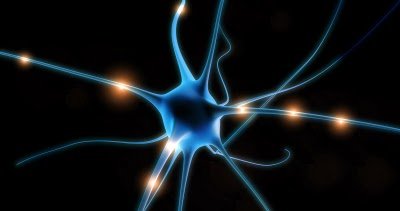
The concept of a changing brain has replaced the formerly held belief that the adult brain was pretty much a physiologically static organ or hard-wired after critical developmental periods in childhood. While it’s true that your brain is much more plastic during the early years and capacity declines with age, plasticity happens all throughout your life.
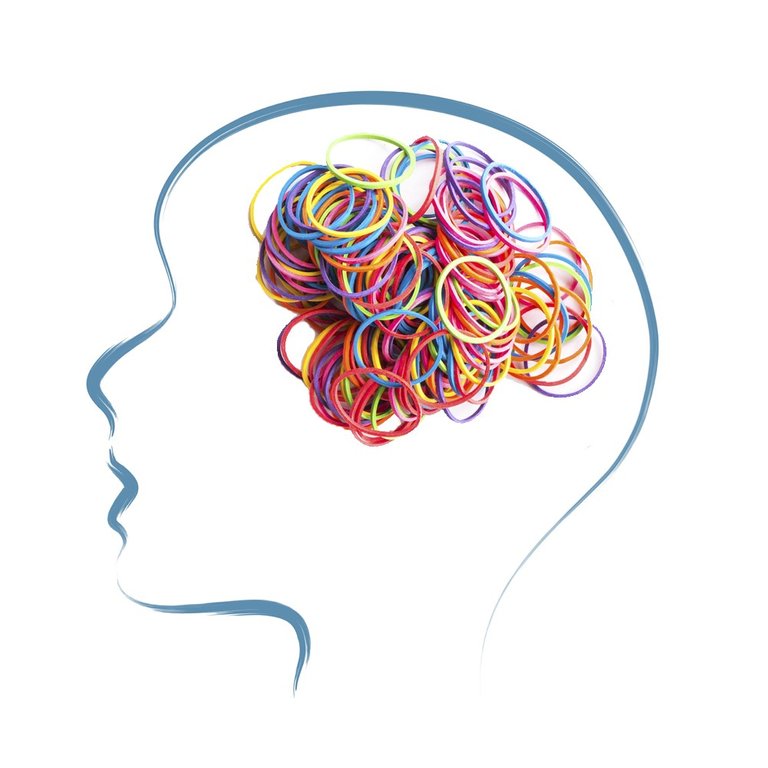
For the same reason that neuroscientists are finding that discipline can retrain our brains (e.g., neuroplasticity). So when we’re exercising or practicing meditation, the idea is not to do these with the goal of “being relaxed” in mind, but to do them to lay down new tracks in the brain so that our “auto-pilot” doesn’t automatically default to ineffective and destructive habitual strategies in the future.

I recently wrote an article on giving highlighting the win-win life changing benefit of gratitude, you can read it here: The Gift Of Giving
Instead, when two roads diverge in a wood (in the brain), we will begin to recognize more often that there is a choice and we don’t need to be so self critical, or erupt in a rage, or binge eat, or isolate. This can only really happen as these tracks are laid down.
How Neuroplasticity Shows Up In Your Life
Neuroplasticity makes your brain extremely resilient and is the process by which all permanent learning takes place in your brain, such as playing a musical instrument or mastering a different language. Neuroplasticity also enables people to recover from stroke, injury, and birth abnormalities, overcome autism, ADD and ADHD, learning disabilities and other brain deficits, pull out of depression and addictions, and reverse obsessive compulsive patterns.
For more on this: The Healing Brain - Excerpt
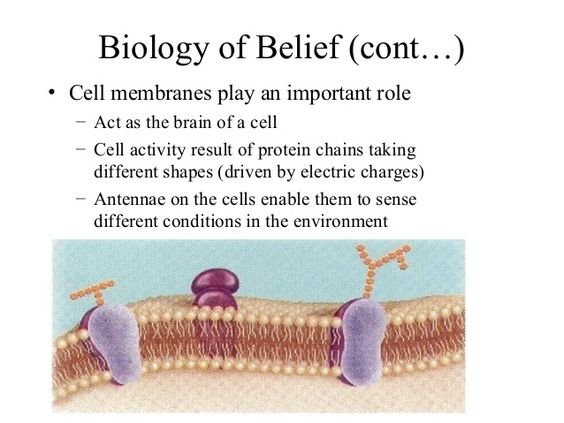
Robert Emmons and Michael McCollough (2003) conducted a study a while back called Counting Blessings versus Burdens. He split up a few groups of people and had one group count 5 blessings per day, one group count 5 burdens per day and one group just write about neutral events. As you may have guessed, the ones who counted blessings, experienced less stress and more feelings associated with well being.
Think of it as laying down new tracks in our brains each time we do it. The immediate result is not really the point; it’s more about retraining our brains.
Epigenetics:
Epigenetics literally means "above" or "on top of" genetics. It refers to external modifications to DNA that turn genes "on" or "off." These modifications do not change the DNA sequence, but instead, they affect how cells "read" genes.
Examples of epigenetics
Epigenetic changes alter the physical structure of DNA. One example of an epigenetic change is DNA methylation — the addition of a methyl group, or a "chemical cap," to part of the DNA molecule, which prevents certain genes from being expressed.
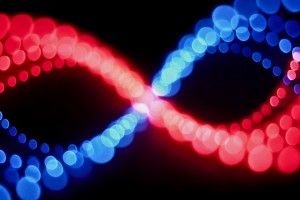
The beginning of epigenetics
- Epigenetics is also involved in regulating genes at different times.
Epigenetics Controls Genes. Certain circumstances in life can cause genes to be silenced or expressed over time. In other words, they can be turned off (becoming dormant) or turned on (becoming active). - Epigenetics Is Everywhere. What you eat, where you live, who you interact with, when you sleep, how you exercise, even aging – all of these can eventually cause chemical modifications around the genes that will turn those genes on or off over time. Additionally, in certain diseases such as cancer or Alzheimer’s, various genes will be switched into the opposite state, away from the normal/healthy state.
- Epigenetics Makes Us Unique. Even though we are all human, why do some of us have blonde hair or darker skin? Why do some of us hate the taste of mushrooms or eggplants? Why are some of us more sociable than others? The different combinations of genes that are turned on or off is what makes each one of us unique. Furthermore, there have been indications that some epigenetic changes can be inherited.
- Epigenetics Is Reversible. With 20,000+ genes, what will be the result of the different combinations of genes being turned on or off? The possible permutations are enormous! But if we could map every single cause and effect of the different combinations, and if we could reverse the gene’s state to keep the good while eliminating the bad… then we could theoretically* cure cancer, slow aging, stop obesity, and so much more.
See Also: Targeted DNA demethylation and activation of endogenous genes using programmable TALE-TET1 fusion proteins
"Here’s an analogy that might further help you to understand epigenetics. Think of the human life span as a very long movie. The cells would be the actors and actresses, essential units that make up the movie. DNA, in turn, would be the script — instructions for all the participants of the movie to perform their roles. Subsequently, the DNA sequence would be the words on the script, and certain blocks of these words that instruct key actions or events to take place would be the genes. The concept of genetics would be like screenwriting. Follow the analogy so far? Good. The concept of epigenetics, then, would be like directing. The script can be the same, but the director can choose to eliminate certain scenes or dialogue, altering the movie for better or worse." whatisepigenetics.com

As above so below: The Philosophical Perspective
If we zoom out and look at everything as a matter of scale, we see that maybe the nature of archetypes and universal consciousness Jung described is an ever-changing epigenetic function of the "larger mind" of connected human consciousness.
Tuning in:

This might also explain strange phenomenological aspects not otherwise accounted for by science. Including precognition, clairvoyance, clairsentience, even the possibility of e.s.p. Which though still controversial today was being discussed by serious academics back in the early 1900's. Famed author and Pulitzer Prize Winner Upton Sinclair wrote a book on the topic called Mental Radio. Here's an excerpt from a letter from Jung to Sinclair.



For my take on why millennials aren't having sex and how technology might be rewiring our brains via neuroplasticity you can read my recent piece on that here: Millenials having sex less (video) Shocker!
Sources:
neuroplasticity-the-10-fundamentals-of-rewiring-your-brain
neuroplasticity-and-how-the-brain-can-heal-itself
http://www.livescience.com/37703-epigenetics.html
https://blogs.psychcentral.com/mindfulness/2009/11/neuroplasticity-gratitude-and-your-mental-health-food-for-thought/
Hi! I am a robot. I just upvoted you! I found similar content that readers might be interested in:
https://blogs.psychcentral.com/mindfulness/2009/11/neuroplasticity-gratitude-and-your-mental-health-food-for-thought/
Ooops! Missed that one. Updated: to include it in the links.
I am really interested in this subject, it was great to find this post!